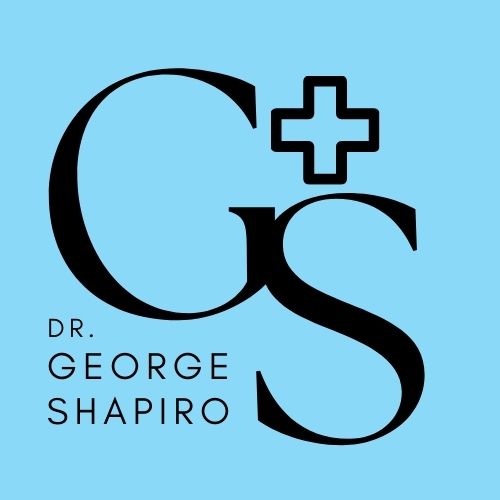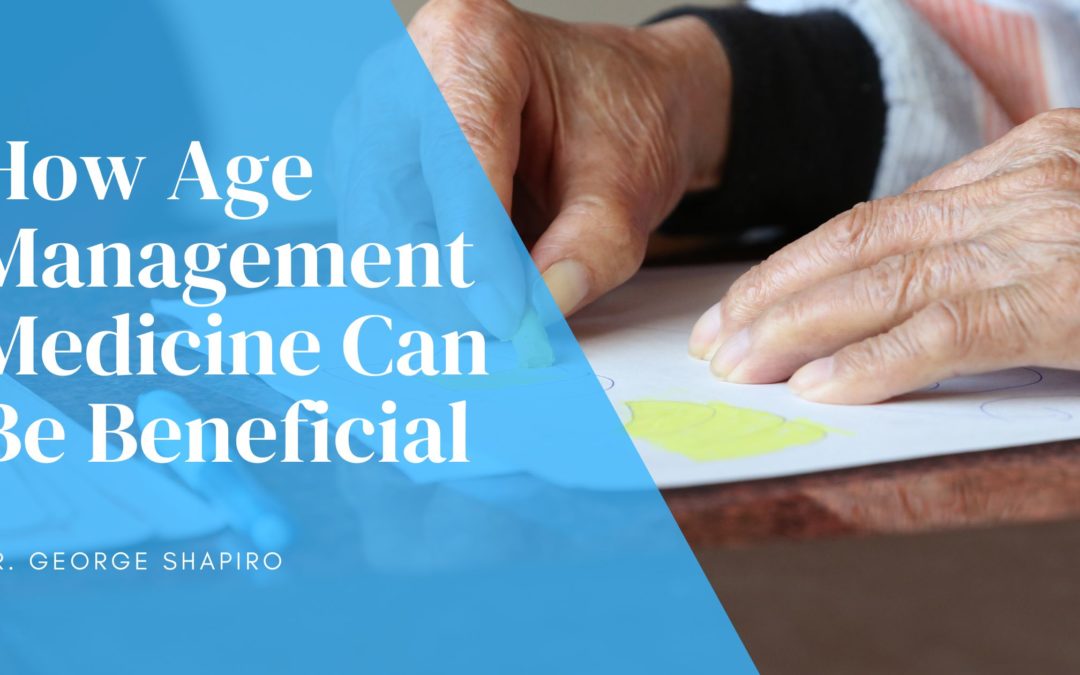Instead of a fix-it-when-it’s-broken approach, age-management physicians use a proactive approach to identify and treat conditions that are related to aging. They then implement customized programs that are based on the findings.
Importance of Age Management
Age-management programs aim to help people maintain their health and improve their overall well-being. They can help them reverse the signs of aging and prevent them from developing diseases. People can achieve results lasting up to 20 years through a comprehensive approach to hormones and nutrition.
Constance Tambakis-Odom, a Board Certified Physician, uses state-of-the-art testing and analysis to identify potential nutritional and hormonal deficiencies in her patients. She then creates a personalized program that fits their individual needs.
Age-management medicine involves a comprehensive evaluation of a patient’s medical history, lifestyle, and physical condition. It then develops a personalized treatment plan that includes appropriate medical procedures and lifestyle changes.
What Is Aging?
The process of aging is a gradual process that involves the loss of one’s reproductive ability to maintain an equilibrium. It accelerates after the child-raising and reproductive years have ended. As a result, aging organisms are more prone to developing diseases and other harmful effects.
The complexity of the trade-off between the repair and aging processes is known to be at least seven levels. This includes the molecules, cells, tissues, organs, and the entire organism.
Intrinsic aging or senescence is a process that occurs silently from the molecular level. It’s similar to the way that termites can destroy a house if they are unchecked. Externally-influenced aging is a type of aging that occurs through predation or external trauma.
Although death from old age is rare in wild animals, it’s usually observed in zoos as they become less agile and vulnerable to younger predators.
Traditional medicine often involves the use of medication to mask the effects of aging. However, these products can have minimal positive results and cause additional health issues. Age management practitioners will thoroughly examine your health and develop a personalized treatment plan that fits your individual needs.
For optimal aging, it’s important to implement a comprehensive approach that involves lifestyle changes, hormone balance, and nutrition. This can be done through the use of proven methods and techniques. In addition to reversing the signs of aging, these methods can also help people maintain their youthful appearance.
One of the most common factors that can contribute to the decline of one’s hormone levels is the decline in estrogen. Maintaining a healthy hormone level can help one feel younger and prevent various age-related ailments. Doctors can closely monitor their patients’ hormone levels to ensure they stay within the range they want them to be.
At the age of 30, many experts believe that people can start to benefit from age-management therapy. This proactive approach can help them fight back against the effects of aging. This approach is more like a lifestyle change for most people.

